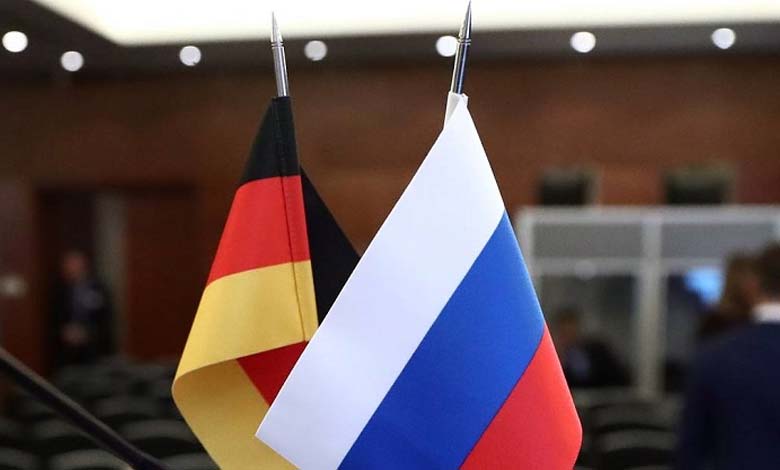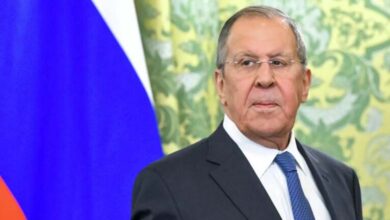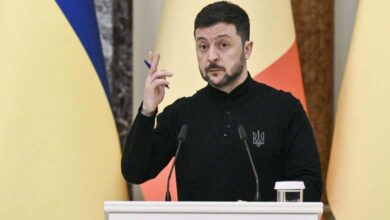Germany and Russian Visas: Security Loophole or Fragile Diplomatic Thread?

The 160,000 entry visas issued by Germany to Russian citizens since the beginning of the war in Ukraine have sparked a dual controversy across Europe.
Despite growing hostility and European accusations of Moscow engaging in sabotage and espionage operations, these visas are seen by some as a potential security risk, and by others as a fragile thread still connecting Germany and Russia diplomatically. This dichotomy has ignited an ongoing debate.
Since the outbreak of the war, Germany has issued over 160,000 visas to Russian nationals.
-
What Are Patriot Missiles—and What Do They Mean for Ukraine?
-
Chaos at Russian Airports and Sleepless Nights in Ukraine… Peace Remains Elusive
Regarding Schengen visas — which grant access to the entire European Union — German diplomatic missions abroad issued 26,000 such documents in 2021. In 2022, the war’s first year, this figure rose to 39,000. In 2023, it fell to just under 21,000. However, in 2024, the number climbed again to more than 27,000 — surpassing pre-war levels. By July this year, over 18,000 visas had already been issued, putting Germany on track for a potential new record by year’s end.
Additionally, more than 55,000 national visas — allowing stays of over 90 days within Germany only — have been granted.
In total, German authorities are currently issuing more than 110 visas per day to Russian citizens — a significant number considering the lengthy bureaucratic processes typical of German administration.
-
Quantity and Precision: Missile Superiority Gives Russia the Edge Over Ukraine
-
The West and Peace in Ukraine: Conditions to Bridge the Gap Between Ground Realities and Negotiations
In response, Germany’s Federal Foreign Office told Bild newspaper that following Russia’s full-scale invasion of Ukraine, the federal government “tightened security standards for assessing national visa applications from Russian nationals.” The ministry also emphasized that it applies strict compliance with EU regulations when issuing Schengen visas to Russian applicants.
Criticism has come from neighboring states. A spokesperson for the Estonian Ministry of Foreign Affairs told Bild: “The entry of Russian and Belarusian citizens into the Schengen Area cannot be justified under current circumstances, as Russia continues its war in Ukraine and intensifies hybrid operations against EU member states.”
-
Business Insider: Satellite Images Reveal 5 Secret Russian Nuclear Bases
-
Military Spending Challenges and Support for Ukraine: Europe between Ambition and Division
Former Polish Deputy Foreign Minister Szymon Andrzej Szynkowski vel Sęk was even more forthright: “Germany continues to issue a large number of visas to Russians, including tourist visas, which can be concerning — especially since a Schengen visa allows unrestricted travel across the European Union.”
According to observers, while granting such a high number of visas undoubtedly carries security risks amid ongoing hostilities since 2022, it also represents a fragile yet potentially valuable line of communication between Germany and Russia — one that may be important for the future of bilateral relations.
-
“Military Service”: Europe’s Concerns Drive towards “Mandatory” Service
-
From Germany to Sweden: Israeli Interests “Under Scrutiny”
-
Germany Prepares for a World War… “Protective Trenches” Linked to an Electronic “Fingerprint”
-
Weapon Tests Precede Russian Official’s Visit… Kim’s Messages to Allies and Enemies
-
Putin Invites Arab Leaders to Participate in the First Russian-Arab Summit in October












